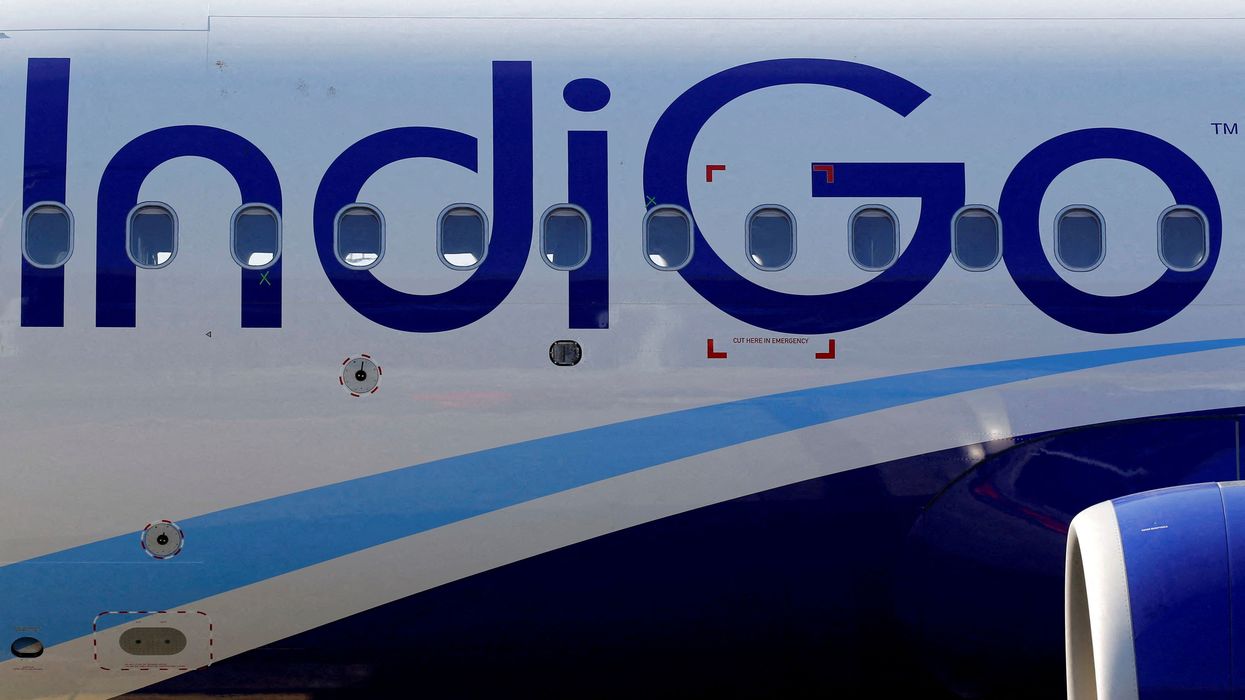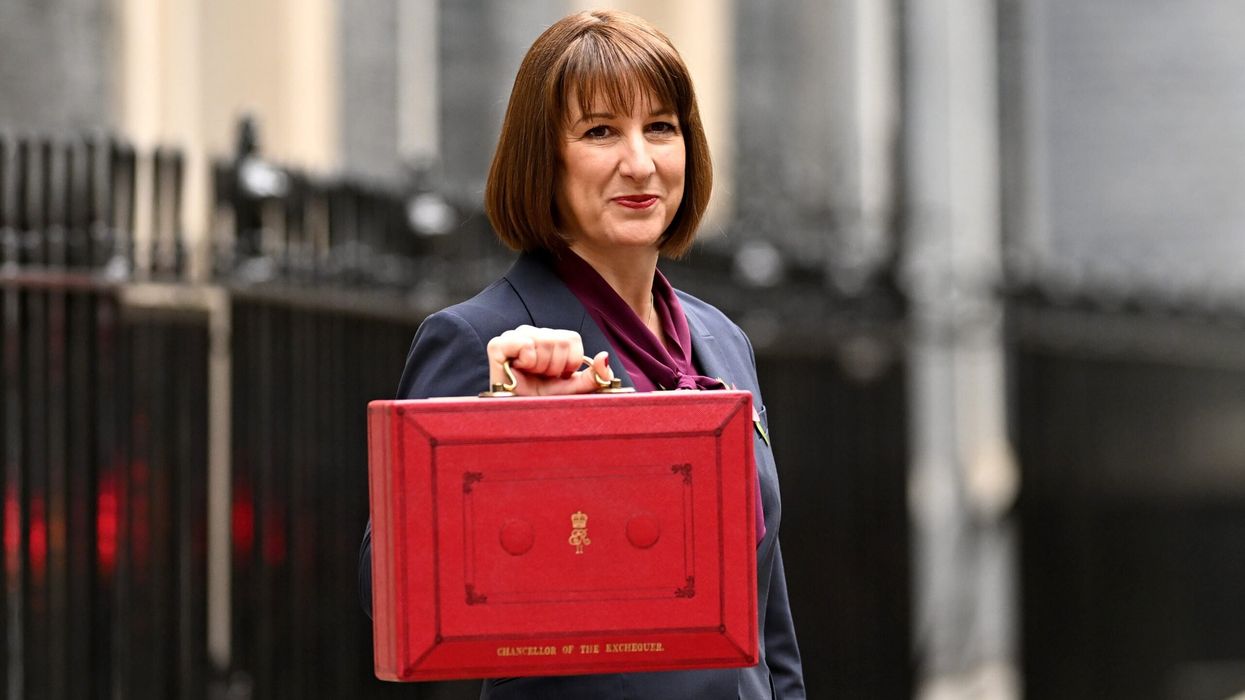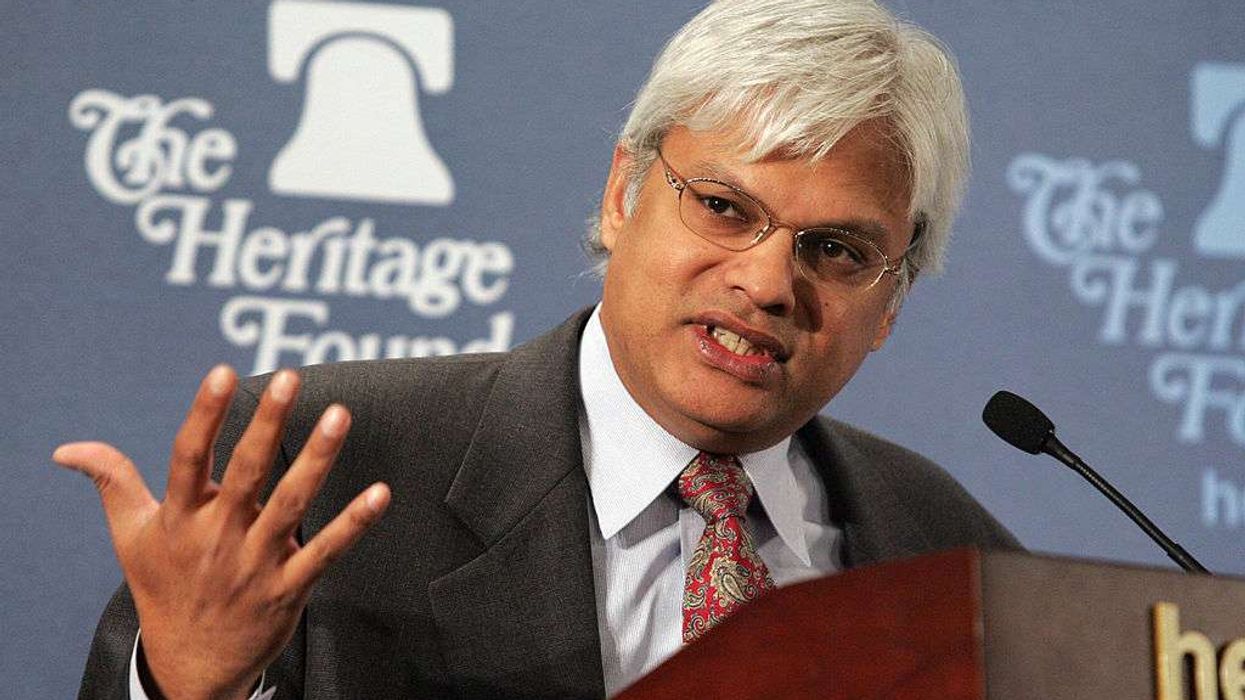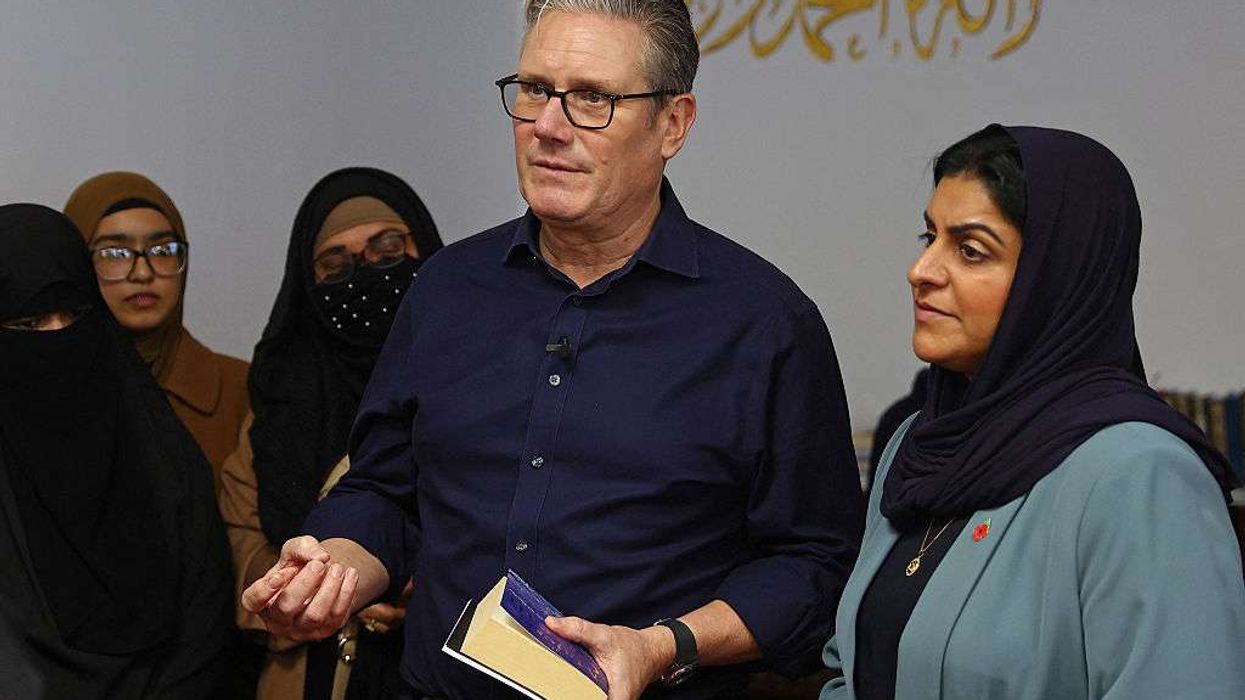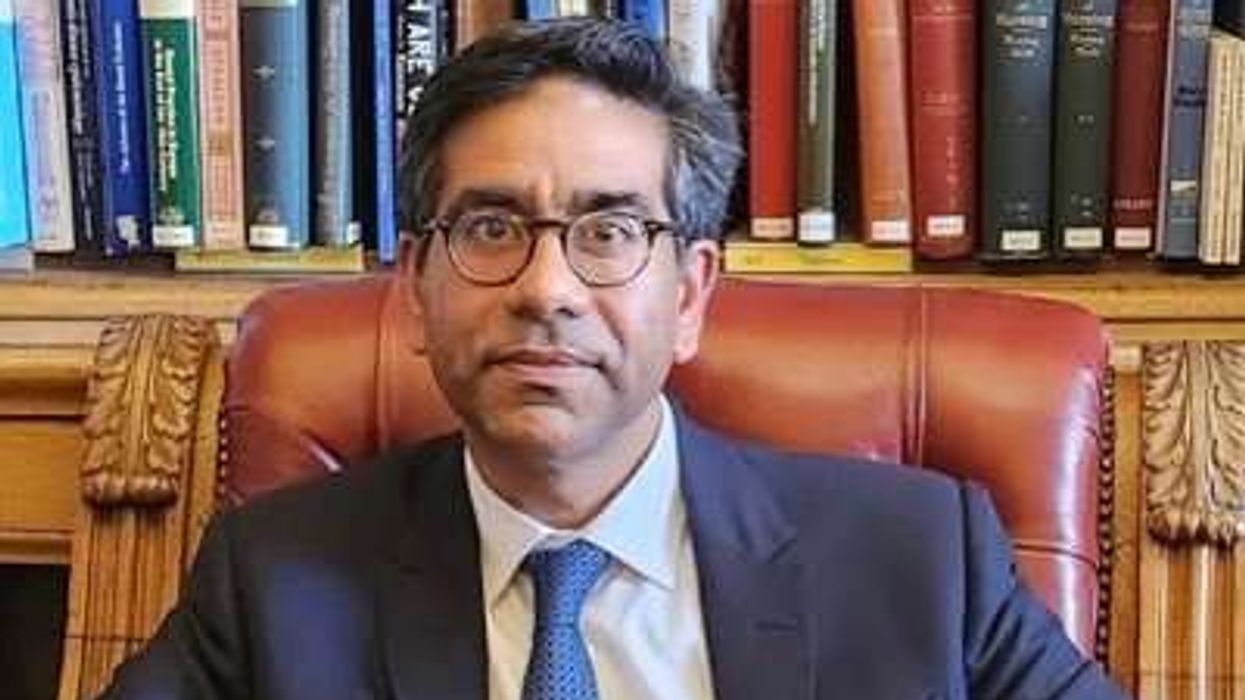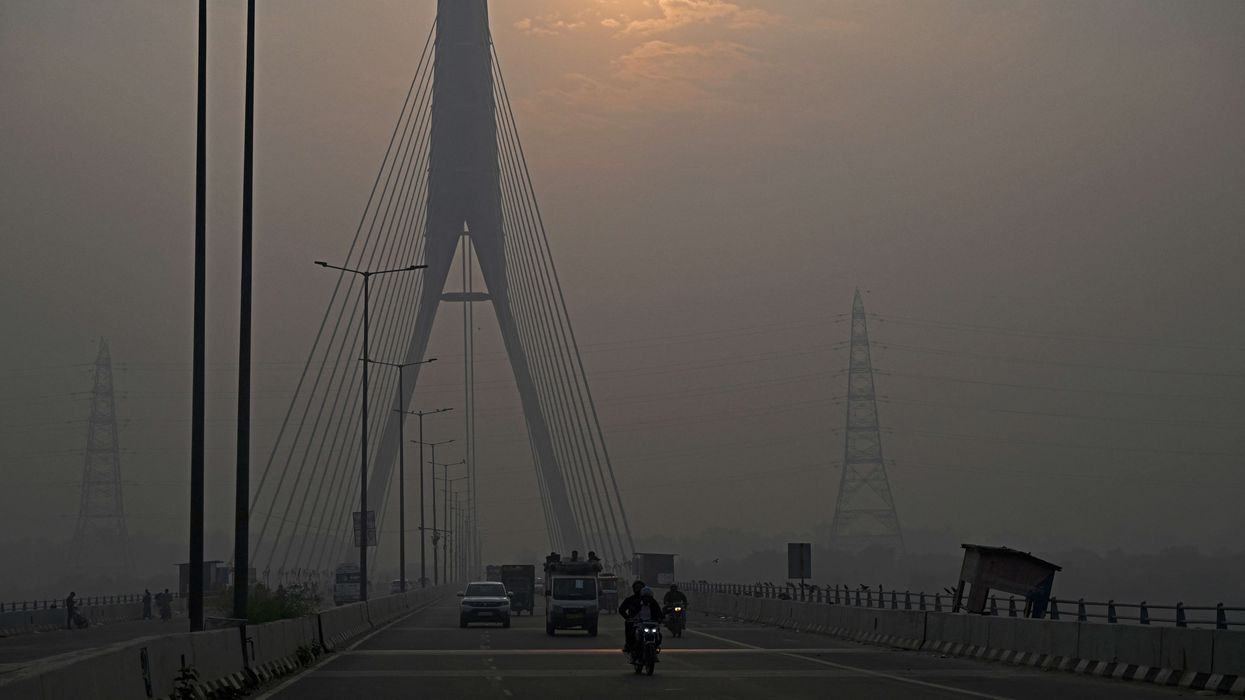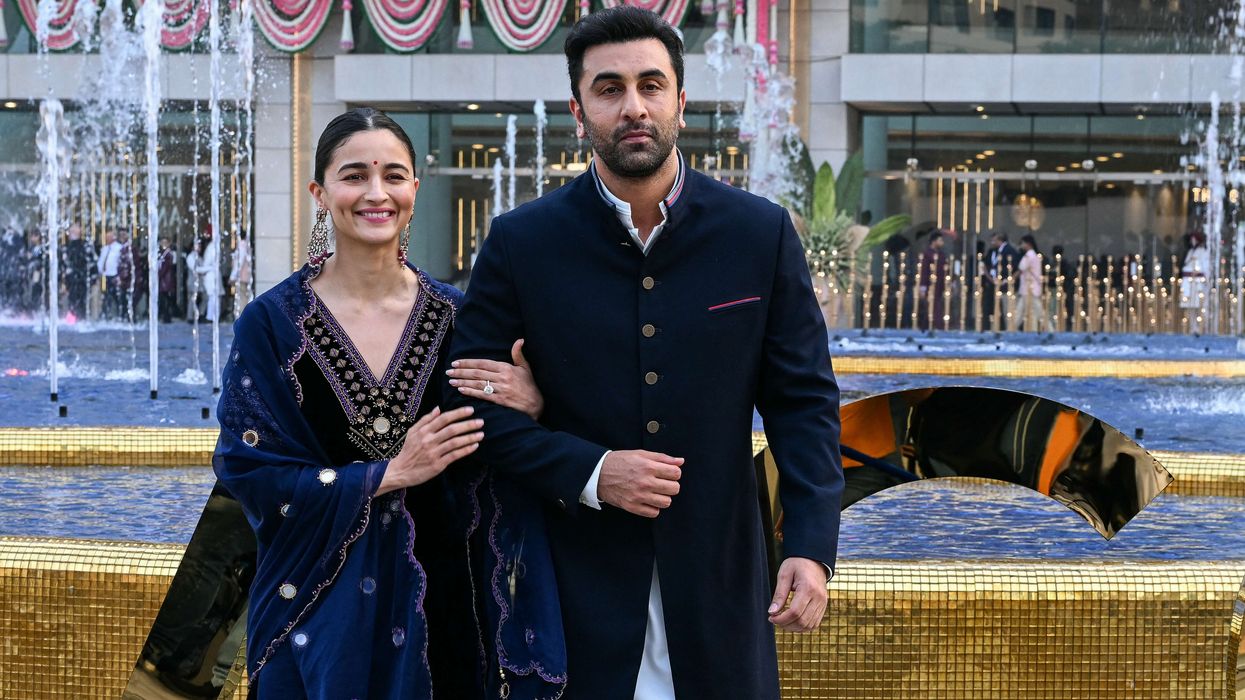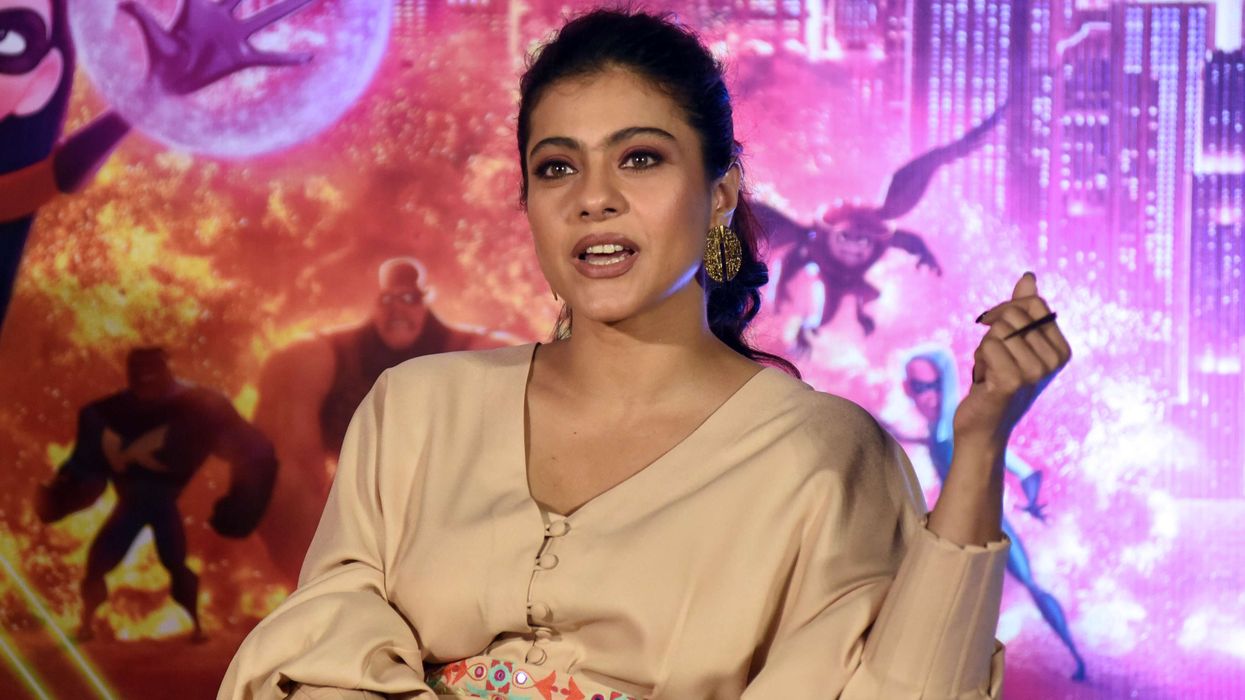INDIGO will begin direct flights to 10 international destinations, including London and Athens, in the current financial year, CEO Pieter Elbers said on Friday.
Other destinations include Amsterdam (the Netherlands), Manchester (the UK), Copenhagen (Denmark), Siem Reap (Cambodia) and four cities in Central Asia.
“There is an enormous opportunity in Indian aviation where rising demand is supported by infrastructure expansion,” Elbers said at a briefing in the national capital.
IndiGo will start direct flights from Mumbai to Manchester and Amsterdam using leased Boeing 787-9 aircraft in July. The services to Manchester will also mark the airline’s long-haul debut.
IndiGo, a USD 10 billion-revenue company, operates over 2,300 flights daily with a fleet of more than 430 aircraft. It flies to more than 90 domestic and 40 international destinations.
With the airline expanding international operations, Elbers said there is an enormous opportunity to build India as a great place for connecting flights, highlighting the country’s potential to become an international hub.
“Currently, Indian carriers account for 45 per cent of India’s international traffic while the remaining 55 per cent is served by overseas airlines,” Elbers said.
He added that IndiGo has the highest number of female pilots at around 15 per cent of the total pilot strength.
IndiGo will also host the 81st Annual General Meeting of the International Air Transport Association (IATA) in the national capital in June. The AGM is being held in India after 42 years.
(With inputs from agencies)
